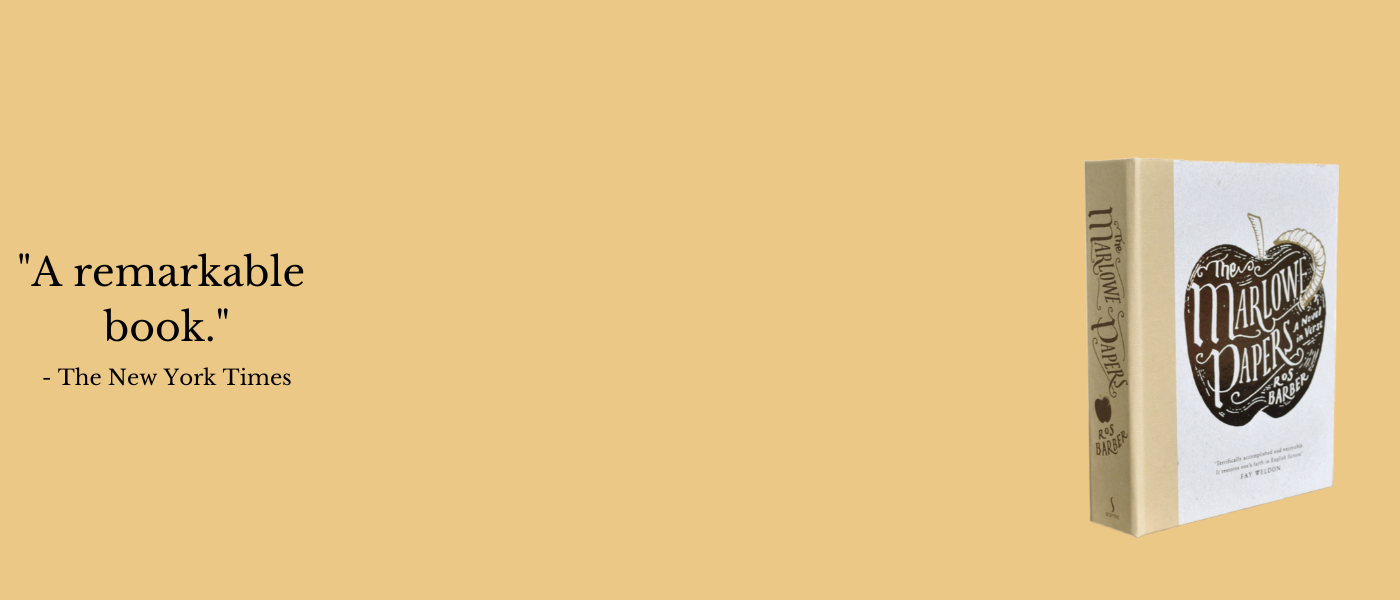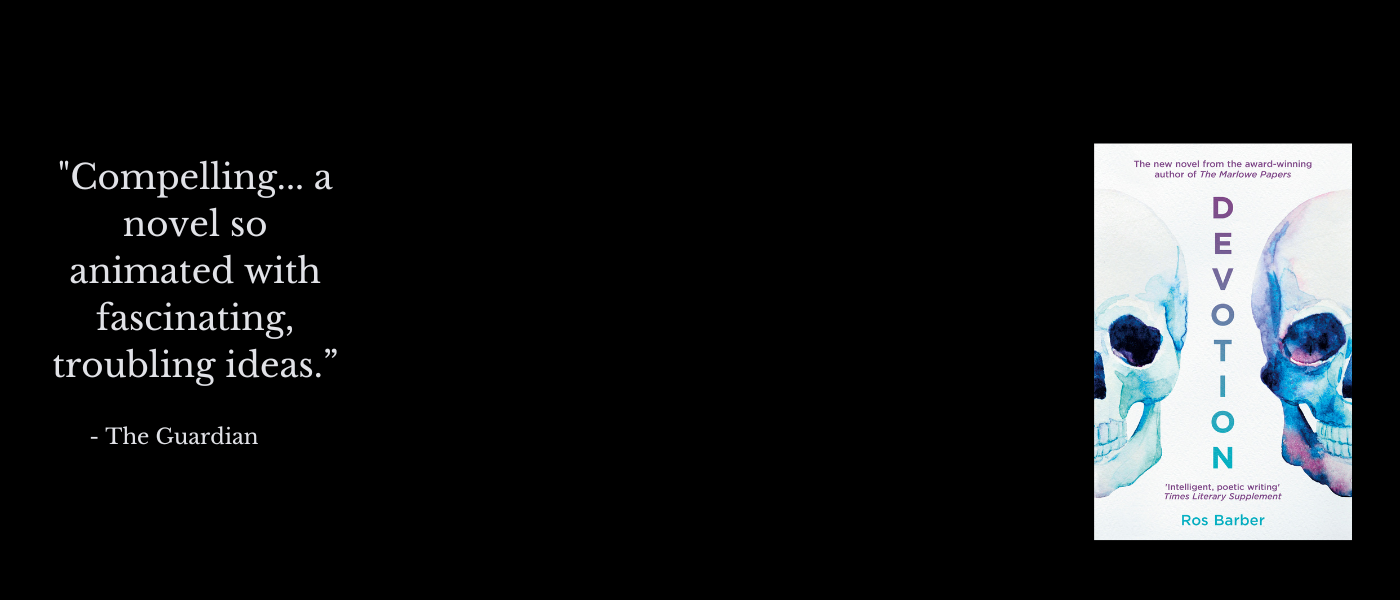 The last few night I’ve slept badly; blessed with a nuisance daughter, a nuisance cat, and a time-pressured commission that keeps me gnawing at it in my head when I should be sleeping. At 3am I found myself on Twitter – and there was the kicker. The news that Robin Williams has killed himself. For the second time in a week I find myself crying because a brilliant, funny, and much-loved man who brought light and joy into the world has killed himself after losing a battle with depression.
The last few night I’ve slept badly; blessed with a nuisance daughter, a nuisance cat, and a time-pressured commission that keeps me gnawing at it in my head when I should be sleeping. At 3am I found myself on Twitter – and there was the kicker. The news that Robin Williams has killed himself. For the second time in a week I find myself crying because a brilliant, funny, and much-loved man who brought light and joy into the world has killed himself after losing a battle with depression.
The first, a few days ago, was the much less well known Ian Smith. He was one of the founders – and undoubtedly the face – of Brighton’s original Zap Club (when it was a quirky all-comers cabaret venue, not yet another dull thumping seafront nightclub). We were on the same bill for a couple of weeks in the mid-1980s, when I was singing/strumming in the two piece Honey Guide with Pete Sinden, and he was banging six-inch nails up his nose. I didn’t really know him, but he affected me. He was brilliantly being himself and inspiring others to be so. He was funny, and startling, and weird, when I was afraid to be. He moved to Glasgow and carried on doing the kind of performance art that makes you wonder, and laugh, and think. He made a lot of friends. He had a wife who loved him and two kids he adored. But he also had depression. And last week, aged 55, he killed himself.
Robin Williams I never met, or even saw live. But I’ve loved his comedy since Mork and Mindy. I’ve watched many of his films countless times, particularly those that were the part of the fabric of my boys’ childhood: Jumanji, Aladdin. And so many more. My middle son, now 21, woke in the small hours too. When we met in the kitchen this morning, he told me he’d been awake. ‘And then I found out -‘, he said, halting there, unable to actually say it. ‘I know,’ I said. ‘Me too.’ We are both too upset to speak.
What really gets to me about both of these deaths is how unnecessary they are. It is hard to talk about this subject, for fear of hurting further those who have already been devastated by the suicides of those they loved. But what if speaking out could prevent another family (and group of friends) being devastated in the future? I know it feels better to call depression an illness. That means we are innocent victims of this terrible condition and nothing could have prevented the tragedy. But something could have prevented the tragedy, and could therefore prevent similar tragedies in the future. So here it is.
Depression is not an illness. It is, for sure, a profound dis-ease. But it is not – as so many people, including medical people, seem to believe – caused by a chemical imbalance in the brain. Yes, depression goes hand-in-hand with differing levels of certain neurotransmitters, but the causal relationship so often espoused is nonsense. Yes, you can reduce the symptoms of depression by changing a person’s brain chemistry, but can you cure their depression this way? No. You can mask it, but the depression is still there, and the person continues to be endangered by it even when medicating … and especially if they stop. And that includes all kinds of medication including self-administered ones. Robin Williams last month checked into a rehab to ‘fine-tune… his commitment to sobriety’. That’s like coming off the Prozac when you need the Prozac.
I suffered from depression for a quarter of a century. For most of that time I didn’t even know I was depressed. As I had developed depression in childhood, I thought it was who I was; that it was my personality. Alongside this ‘personality’ of chronic depression I could sometimes be triggered into bouts that were acute and severe. There were a handful of times when the only way out of this pain (that no-one could understand, share, or alleviate) seemed to be suicide. What saved me from killing myself on those occasions was my dead brother. Peter died of a rare form of cancer when he was 17, a week from my 15th birthday, and every time I seriously considered ending it I would remember him, and how he would have given anything to live another day, even a shit day. His life was taken away from him against his will; to throw mine away felt like pissing on his grave. So despite the pain, I endured.
When there is no obvious cause (such as a major trauma in adulthood), depression and other forms of mental distress stem from childhood traumas, both small and large. All that childhood shit that led you to believe there was something fundamentally wrong with you. The details for each person will be different, but the underlying feeling is the same: the feeling of being separated from love, of being both unloved and unlovable. The parenting model that our parents followed in the 1960s and 1970s was quite enough to engender that feeling in any sensitive person. It was nobody’s fault; that was just how you raised kids then. You left them to their own devices (to a level that we would now think of as neglect). You hit them when they were ‘bad’. You told them they were bad. They believed you. (Because in those days we listened to our parents. We assumed they were right. We didn’t know how messed up they were.) If another other major trauma happened in your childhood – divorce, a death (in my case both) – and you didn’t get support (we didn’t), you were well on your way to being screwed up.
If you were also the sensitive, artistic sort and perceived by your peers as ‘weird’ – which I was, and I’ve absolutely no doubt that Ian Smith and Robin Williams were – double whammy. Nobody loves you, kid. You’re on your own. So you develop defence/survival mechanisms. (Comedy’s a good one, if you have the inkling of that gift). Or you pour your miserable heart out into diaries, poems and songs (my path). Eventually, with enough practice, you can get enough positive feedback from these activities – laughter, admiration – that it feels like a kind of substitute for love. I used to think of any kind of writing success as compensation for my unhappiness. But it’s never enough. That ancient wound inside you, that bottomless pit where unconditional love should be, no current-day love can fill it. Drugs don’t fill it. Talk therapy doesn’t fill it. Given the right trigger, you will still think about killing yourself.
The only way out of this deep existential pain – apart from suicide – is to go back to your child self and fill it in. I spent three decades making only very limited progress until I came across EFT (Emotional Freedom Technique) in 2007. Depression isn’t incurable, it’s just incurable by the methods we’ve had available up until now. I’ve been very wary about talking publicly about EFT until recently because I didn’t want to come across as an evangelist. It’s an odd-looking procedure, and if you’re new to it, it’s hard to get your head round how it would work. Plus we live in a cynical age. The long and short of it is, I didn’t want to make myself a laughing stock. But hell, I’m ‘out’ about EFT now. Laugh if you want to. Good people are (unnecessarily) dying.
I decided to write this post today because I’m pissed off that people who add light and joy to the world are killing themselves as a result of depression. If any good can come out of the untimely deaths of Robin Williams and Ian Smith, perhaps it might entail this:
- To be honest about the pain we have suffered and continue to suffer.
- To acknowledge that the root causes of depression are emotional, not chemical.
- To acknowledge that the root causes of depression are a childhood experience of feeling separated from love.
- To spread the word about the efficacy of EFT for depression and all forms of mental distress.
Finally, I am trying to remember that pain is a symptom of growth, and that those things in the past that I have thought ‘bad’ have turned out to be blessings, because they drove me to dig deeper, to be more of myself. And generally, when ‘terrible’ things happen, we humans often reconnect with our sense of common humanity, and remember our best selves. We strive to be more compassionate. We strive to be more loving. The deaths of those we love and admire: these are things that return us to love.


Truly beautiful, Ros. Thank you so much for sharing! xx
Ros, This article touched me deeply, such that tears are coming to my eyes. I’m not sure why, because I don’t think of myself as being depressed, but I know something is not right. Thank you for reaching out in these public way. It helps to hear others’ stories of coming through their pain and into the light. Best wishes for continued success.
Well, Ros Barber I thank you on two counts: your compassionate attitude to the very sad death of Robin Williams, and your uplifting description of depressive dis-ease – and a way out! Yes please, a way out: the separation of love in childhood an insight, with a possibility of understanding and growth through a new form of therapy and self-realisation: EFT. I found you when I ‘googled’ for a poetry mentor – I found much more!
Just an observation: Robin’s eyes always so sad, even in his wildest moment of comedy. I have been sad all week – recognition of his fight and his courage too…
Hope to connect please. Diana